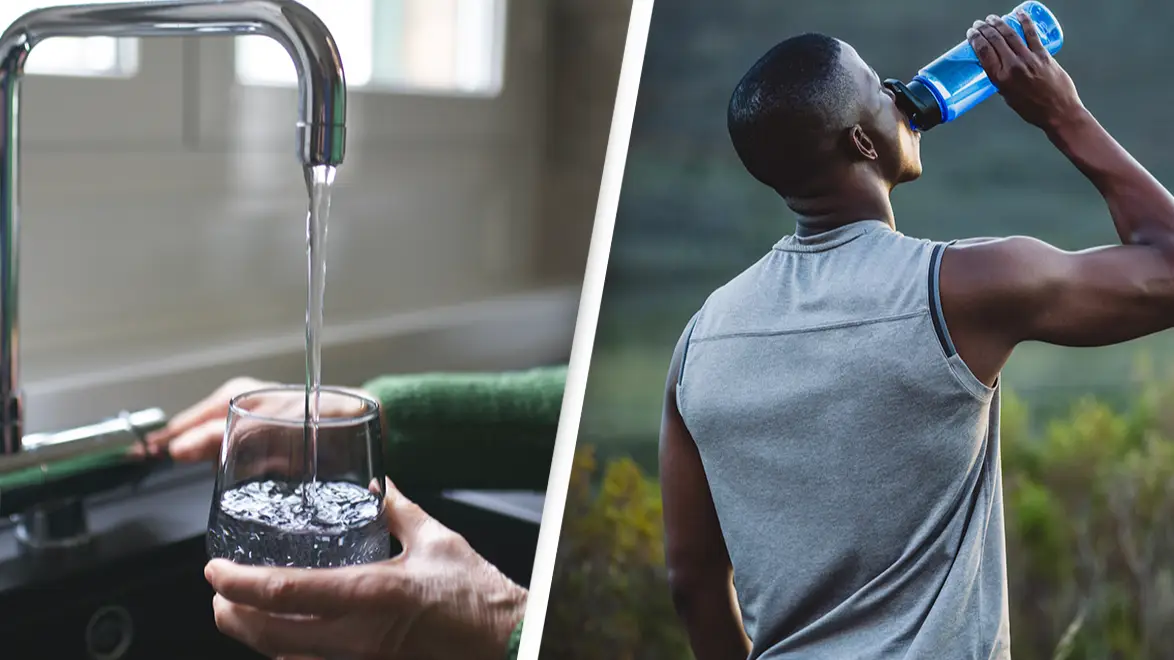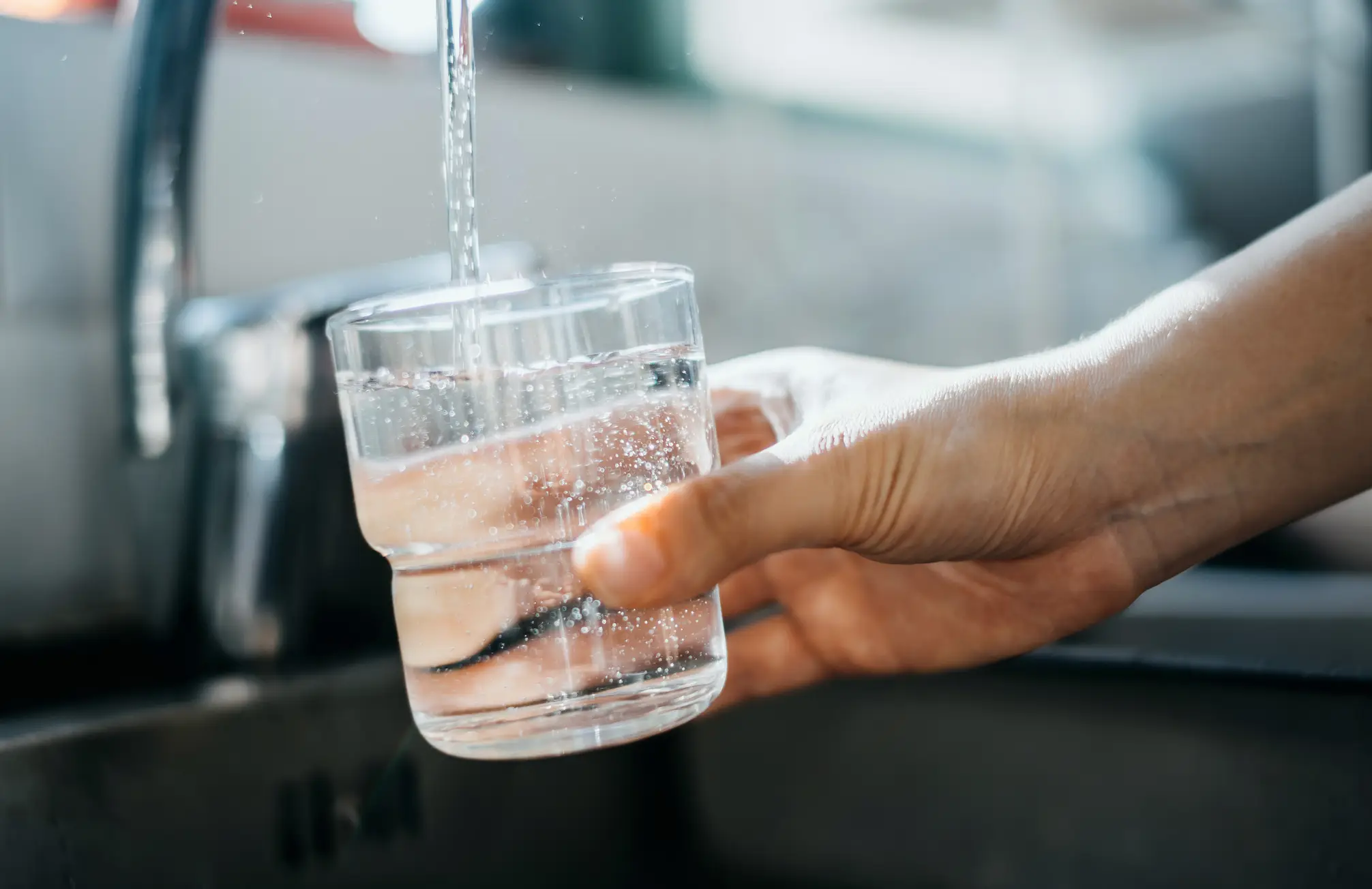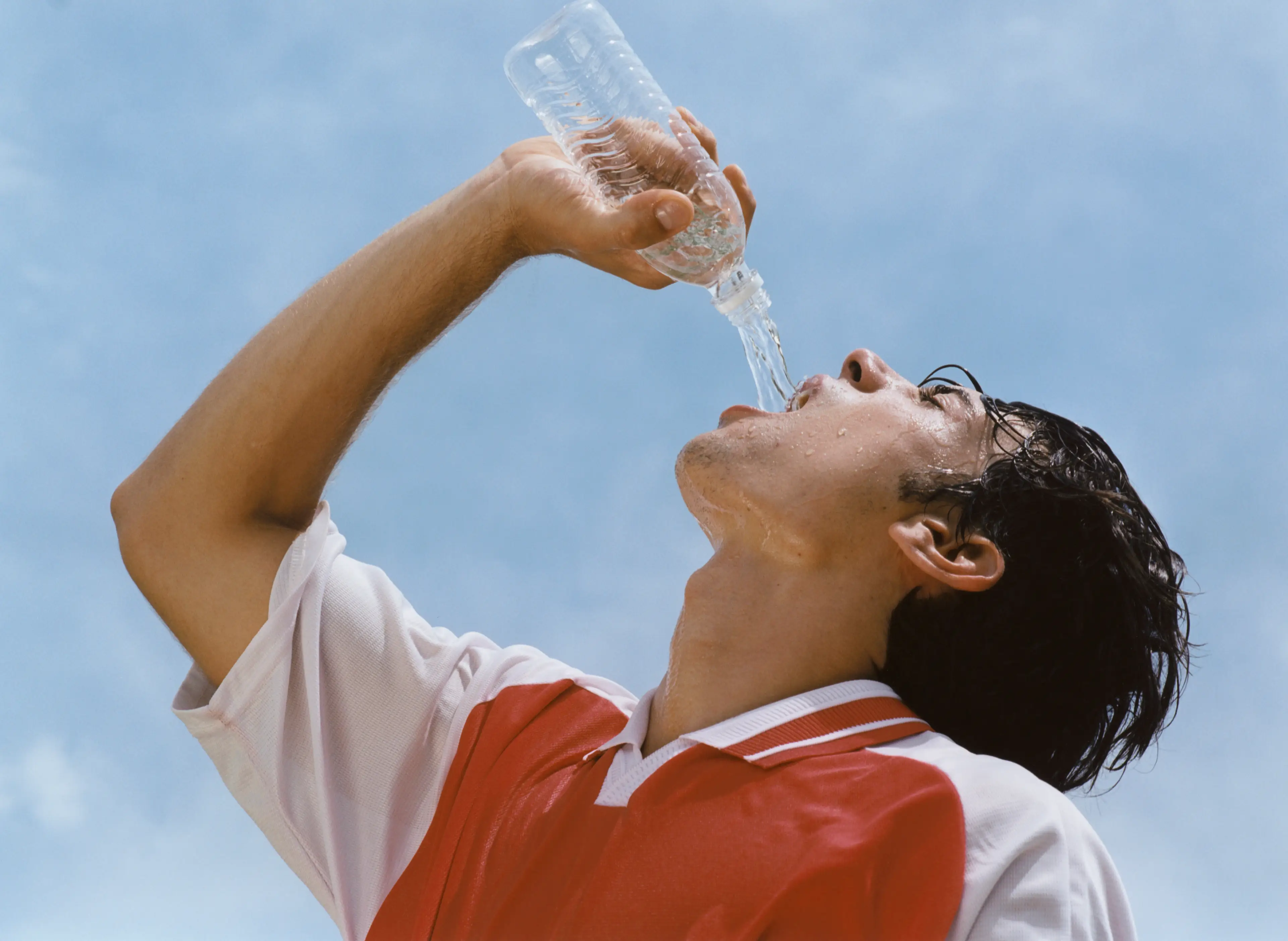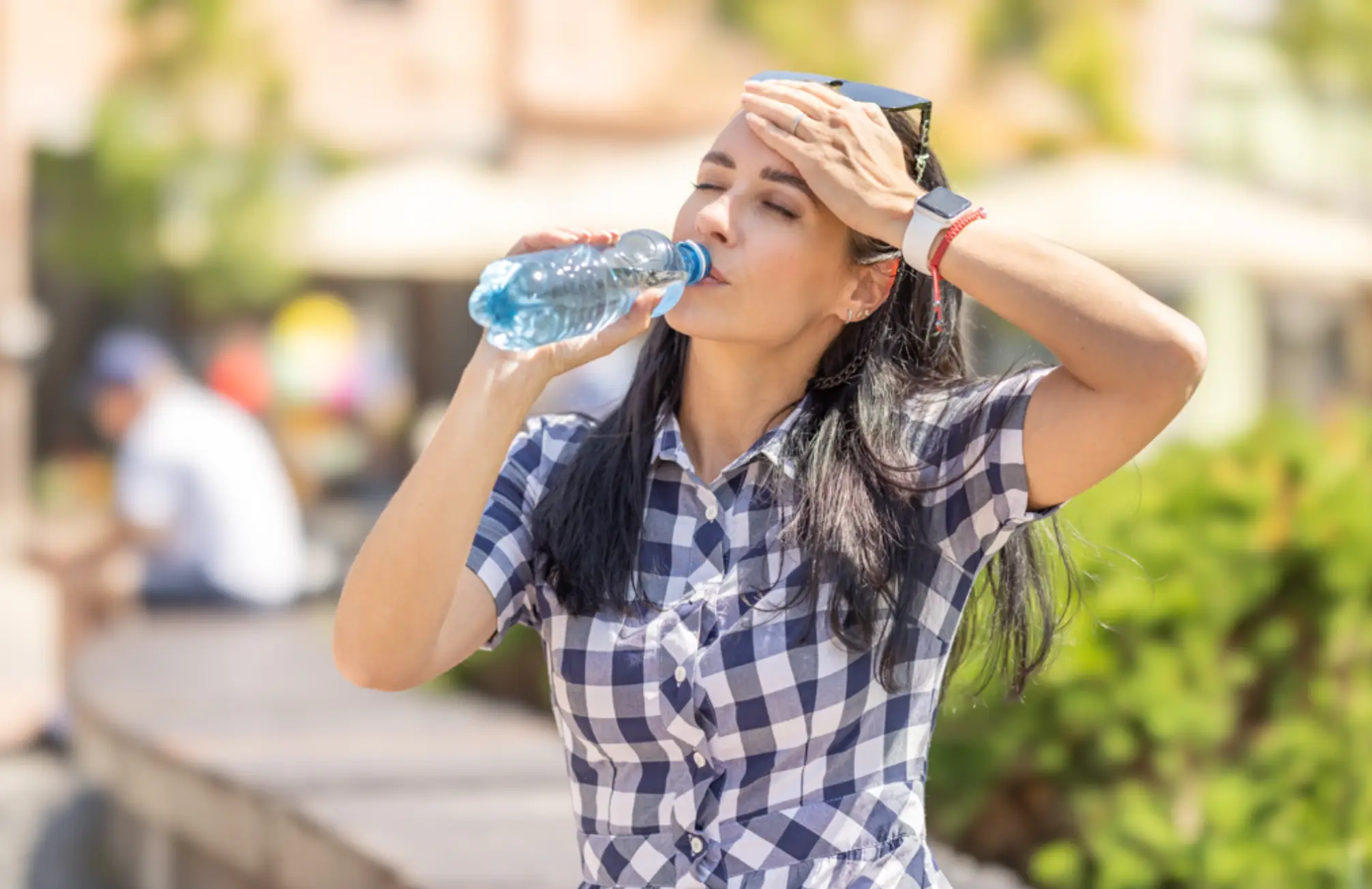
It's possible to drink too much water and while it's unlikely you will, if you do, it could prove life-threatening.
You may've thought it was just spiders, snakes and sharks you had to be careful of in Mother Nature, but water can apparently be out to get you too.
As the old quote goes, it's possible to have too much of a good thing, so despite fitness influencers and dieticians telling you to glug back the water, be warned there's a limit you shouldn't pass or you may be at risk of doing yourself some harm.
How much water is too much?
Recommendations on how much water you should consume each day varies, with some people recommending eight glasses, others saying 2-3 liters, but ultimately, there's no one size fits all.
Advert
The US National Academies of Sciences, Engineering, and Medicine resolved the adequate daily fluid intake is 'about 15.5 cups (3.7 liters) of fluids a day for men' and 'about 11.5 cups (2.7 liters) of fluids a day from women' - reminding 20 percent of daily fluid intake typically comes from food.
But when your fitness app or watch is checking in to see whether you've had your set amount of glasses per day, should you be listening to it and how do you know if it's too much?
Well, according to Healthline, it's less about the total amount of water you consume and more about how much you drink within a certain number of hours. The kidneys of 'a healthy adult' is able to 'flush out 20 to 28 liters of water each day' but only able to 'get rid of about one liter each hour'.
It explains: "This makes it hard for your kidneys to keep up when you drink more than one liter per hour."
If you exercise or are in hot or humid weather you may need to drink more water, but it's important to not glug it back excessively - if your urine is colorless or light yellow you're hydration levels are probably adequate - as there is a case where someone's passed away from drinking too much.

What can happen if you have too much water
In 2007, a 28-year-old woman passed away after competing in a water-drinking contest, drinking over six liters of water in just three hours, Scientific American reports.
Basically, too much water can lead to water intoxication - also called hyperhydration, water toxemia or water poisoning.
Mayo Clinic explains: "When you drink too much water, your kidneys can't get rid of the excess water. The sodium content of your blood becomes diluted. This is called hyponatremia and it can be life-threatening."
Healthline adds the excess build up of fluid can lead to cells beginning to 'swell' - including brain cells.

Possible symptoms you've had too much water
Healthline lists symptoms of overconsumption of water as including 'head pain, cramping, spasms or weakness in your muscles, nausea or vomiting, drowsiness and fatigue'.
Seizures or loss of consciousness can also occur in more serious cases when the overconsumption of water has led to swelling in the brain.
If you think you may've had too much water, you should go to the nearest emergency department and seek professional help.
The site adds water intoxication symptoms can be confused with dehydration, so it's important to seek medical help as soon as possible rather than trying to do some guesswork and sort yourself out.

Why you don't need to worry too much
Thankfully, it is pretty hard to over consume water and Mayo Clinic reassures: "Drinking too much water is rarely a problem for healthy, well-nourished adults. Athletes occasionally may drink too much water in an attempt to prevent dehydration during long or intense exercise."
So, stick to your around eight glasses or a couple more a day, don't go entering any water chugging competitions and you should be okay.
Topics: Food and Drink, Health, Science, Fitness, Nature